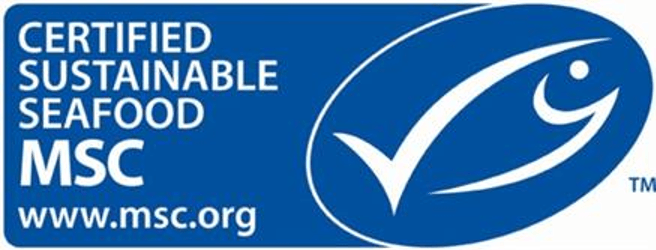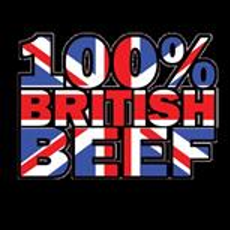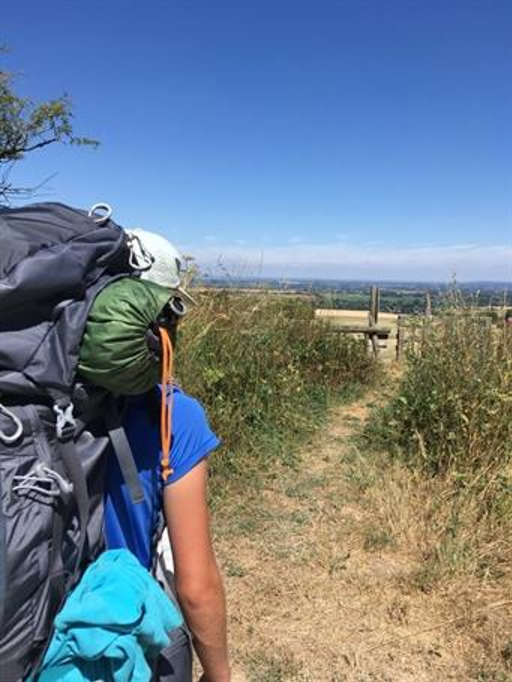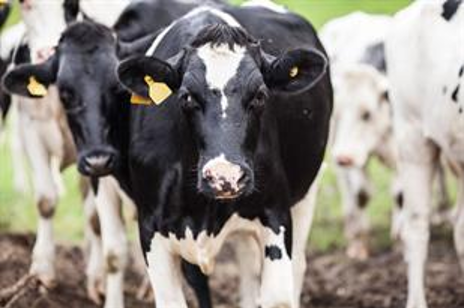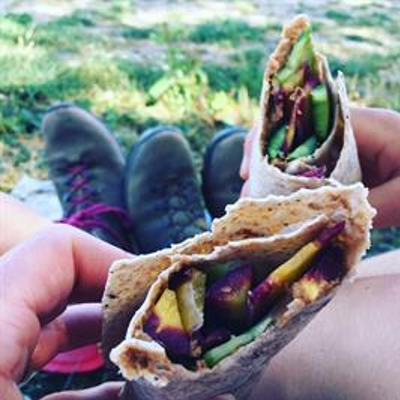Love British Food Fortnight is here!
Time to celebrate our bountiful British harvest at last.
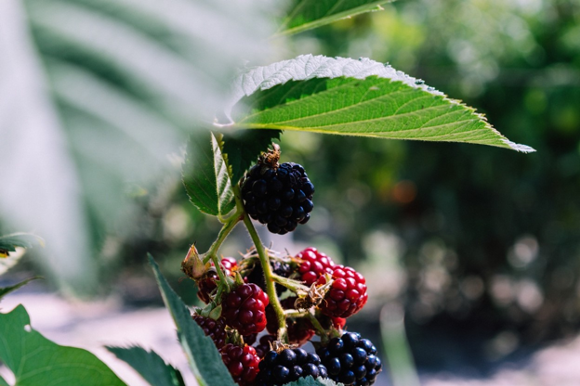
However, as Global Warming and Greenhouse Gas Emissions (GHGe) become pressing issues of our time, sustainable food production and food choices are becoming key. Globally, food production accounts for 25% of GHGe with the rearing of livestock for meat, dairy and eggs generating 18% of this. But as our population increases, so must food production and our fish supplies are already depleted, despite the wonderful work of the Marine Conservation Society and the Marine Stewards Council in addressing this.
So, what is a ‘Sustainable Diet’ and how can it benefit our British Food Producers/ Providers, our health and our planet? The Food and Agricultural Committee (FAO) provide this definition:
‘Sustainable diets are protective and respectful of biodiversity and ecosystems, culturally acceptable, accessible, economically fair and affordable, nutritionally adequate, safe and healthy, while optimising natural resources.’
Our recently updated UK Eatwell Guide reflects the recommendations – plenty of wholegrains, legumes fruit and vegetables, sustainably sourced fish twice weekly and meat and dairy in more moderate quantities. This move towards a diet higher in fibre, unsaturated fats and plant protein while lower in saturated fats is being shown through extensive research to help promote long-term health, specifically by reducing the risk of obesity, heart disease, Type 2 Diabetes and Cancer, the top causes of premature death. Type 2 Diabetes alone costs the NHS an annual £6 Billion.
Nutritionists have an emerging role to encourage a sustainable diet. However, 54% of teenage girls in the UK have an intake of Iron below the recommended intake and 27% are below that of Zinc1. Red meat is the best source of readily digested Iron; meat and dairy are the best sources of Zinc. Both are essential for functions such as growth and optimal immunity. A sustainable diet is therefore a challenge for Nutrition professionals to promote.
The answer of course is that our food choices should be a balance, ensuring they meet the needs of different age groups while being sustainable choices as far as possible. Choosing British, local and seasonal goes a long way to support this. Choosing seasonal food also ensures the most nutrients, highest flavour and cheapest cost when produce is at its most plentiful.
I was lucky enough during our glorious British summer to hike the entire Ridgeway National Trail with my husband, our two teenagers and Tim the border terrier! It passes through 90 miles of stunning scenery and ancient landscapes from beautiful Avebury in Wiltshire, through Areas of Outstanding National Beauty (AONB) such as the North Wessex Downs and The Chiltern Hills before ending at Ivinghoe Beacon in Hertfordshire. For me it encompassed all that’s good about life – family time together (24/7 in fact!), overcoming difficulties (we all carried our own gear including tents, in over 30 degrees much of the time), celebrating our great and beautiful British countryside (at times it felt more like hiking in southern Spain!) and, of course we passed by and tasted excellent British produce en route.
We celebrated our 21st wedding anniversary at the extremely welcoming Fat Fox Inn in Watlington, one of the most beautiful Inns on the edge of the Chilterns with a locally sourced menu which changes seasonally. What better food to choose than a hearty steak after another day of hot hiking and many miles covered!
Although iron is present in many green leafy vegetables, it’s not in a form that can be absorbed by the body – having an intake of Vitamin C at the same time enables this absorption. The iron in red meat however is extremely easily absorbed and then there’s the added benefit of Zinc which is closely associated with animal protein, so meat and dairy are excellent sources. Both are essential for a strong immune system and of course iron more importantly to prevent anaemia, ensure adequate growth in children and correct brain development in the unborn. My family enjoy vegetarian choices, but we also realise the importance of a weekly intake of red meat and the steak at the Fat Fox didn’t disappoint! It’s worth mentioning that the Coop, who are great supporters of Love British Food, now provide only 100% British Beef and Lamb in their own brand fresh and frozen products.
Dairy is of equal importance in our diet – you can read more about it here, suffice to say calcium, essential for bone health is absorbed better from dairy than any other food source. Cold milk and yogurt were a luxury on our hike!
Many choose a diet lower in meat and dairy and Vegan choices are gaining popularity. Whilst there may be good reasons for this and indeed a sustainable diet should be more plant-based where possible, my previous career as a Vet only served to reassure me of the great care that our British farmers take to ensure the optimal health of their animals. This has only increased over the years – our extremely high-quality British beef and dairy is only possible through high standards of farm animal health and welfare.
Back on the Ridgeway and getting ever-closer to our destination, blisters under control and with dog now in boots too due to sore pads, Fish and chips in Wendover were another highlight! Perhaps cod wasn’t the most sustainable choice (The Marine Conservation Society does at least report a gradual improvement in the status of cod in our seas over the last few years) but we were too far from the chalk rivers of Hampshire for our favourite British Trout!
We became original with ensuring we could still source fresh fruit and veg without detouring off the trail too much – thankfully the Goring Grocer in Goring-on-Thames provided a welcome choice of local veg as did the farmers market in Watlington. Purple carrots, in season until last month looked good in our picnic wraps!
There were plenty of treats along the way and discovering Marshfield Ice Cream at The White Horse Inn in Uffington, after a scorching 16 miles was heaven! Made from their own organic milk, I’m happy to say we also have a local supplier in Rickmansworth at The Café in the Park, who pride themselves in the ethical sourcing of their mostly British food and at their Shop at the Park too. Well worth a visit when you’re next in southern Hertfordshire.
And so, 87 miles later, we made it to the end-point of The Ridgeway after savouring some of the best Britain has to offer.
It’s been a fabulous summer; let’s hope it’s a fabulous Autumn too as we celebrate our bountiful British Harvest!
1 National Diet and Nutrition Survey Years 1-8, 2008/09-2015/16
Share:
You may also be interested in...







